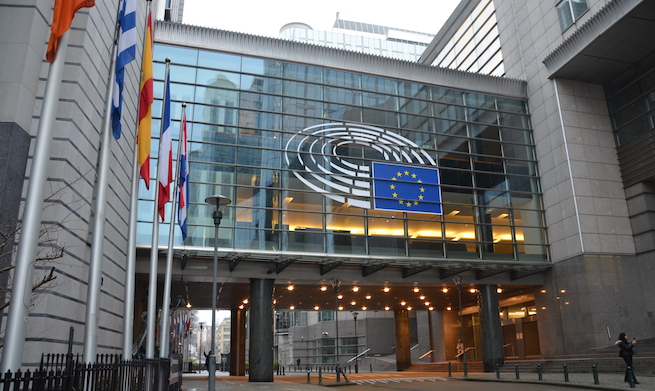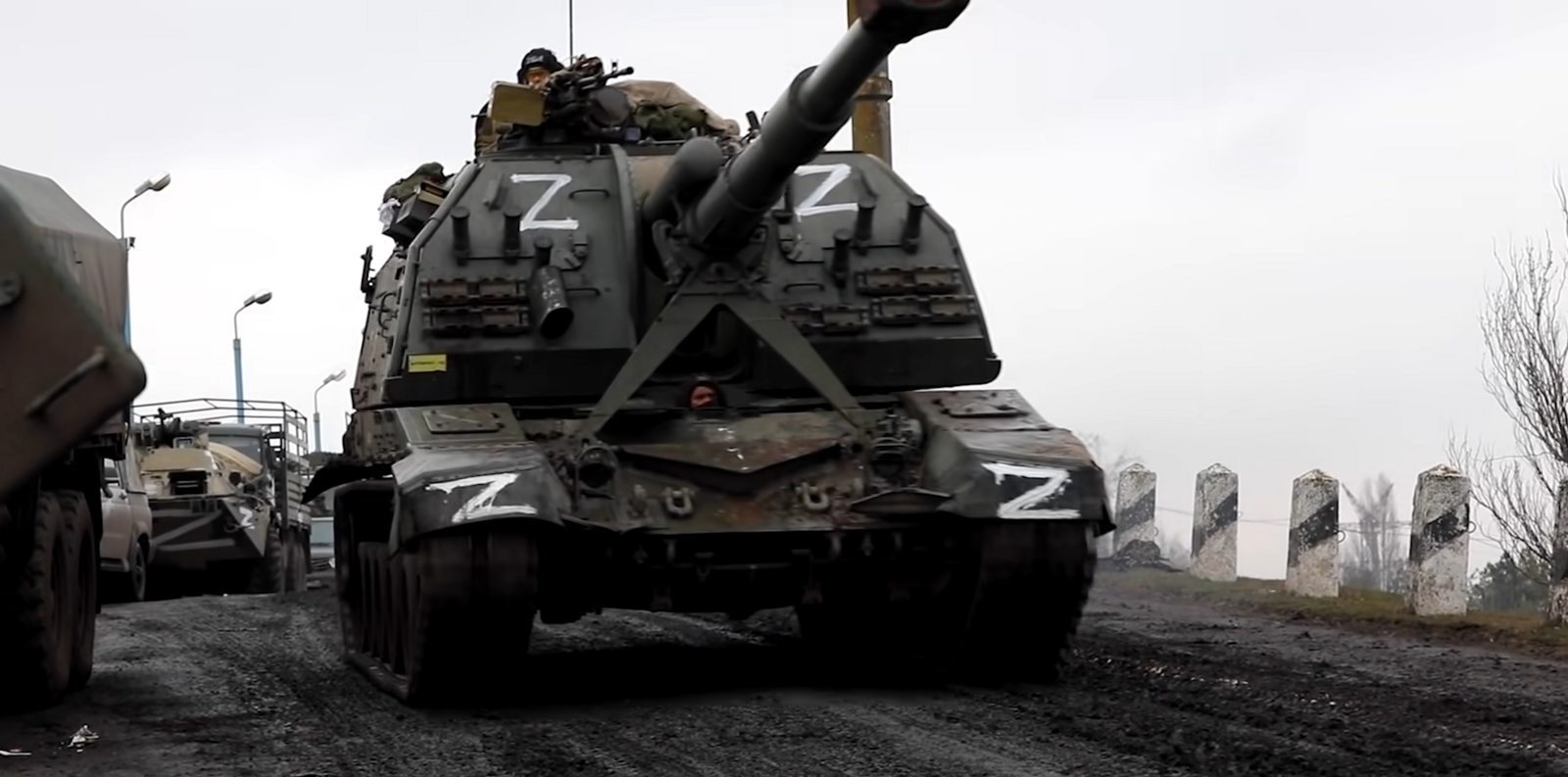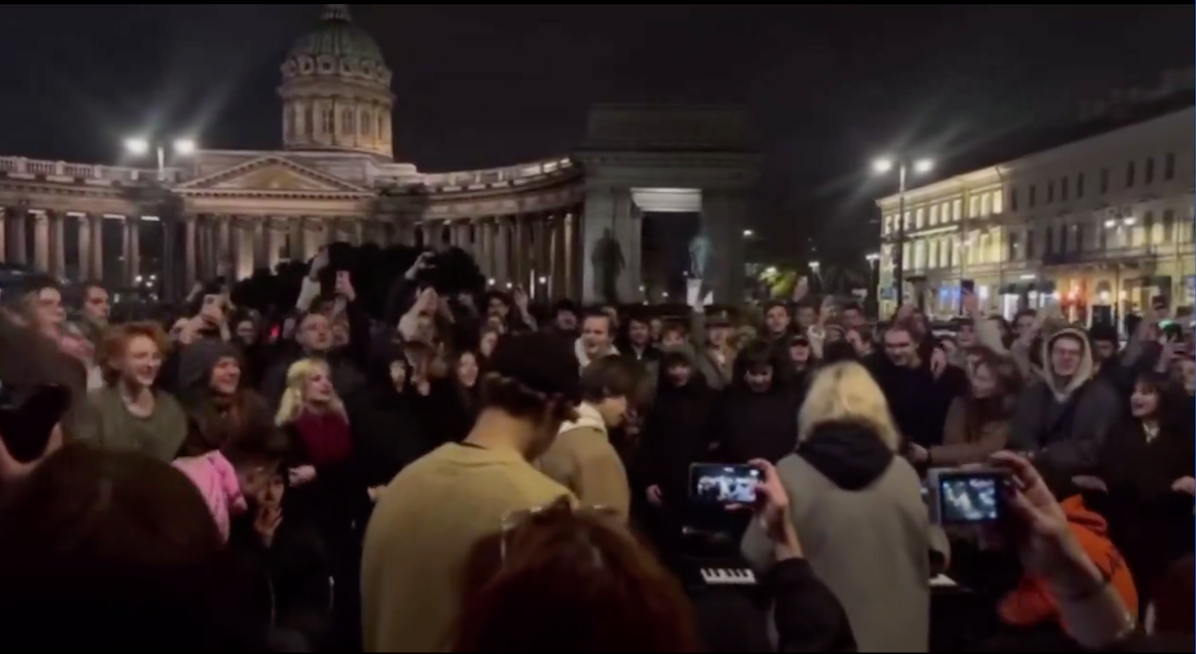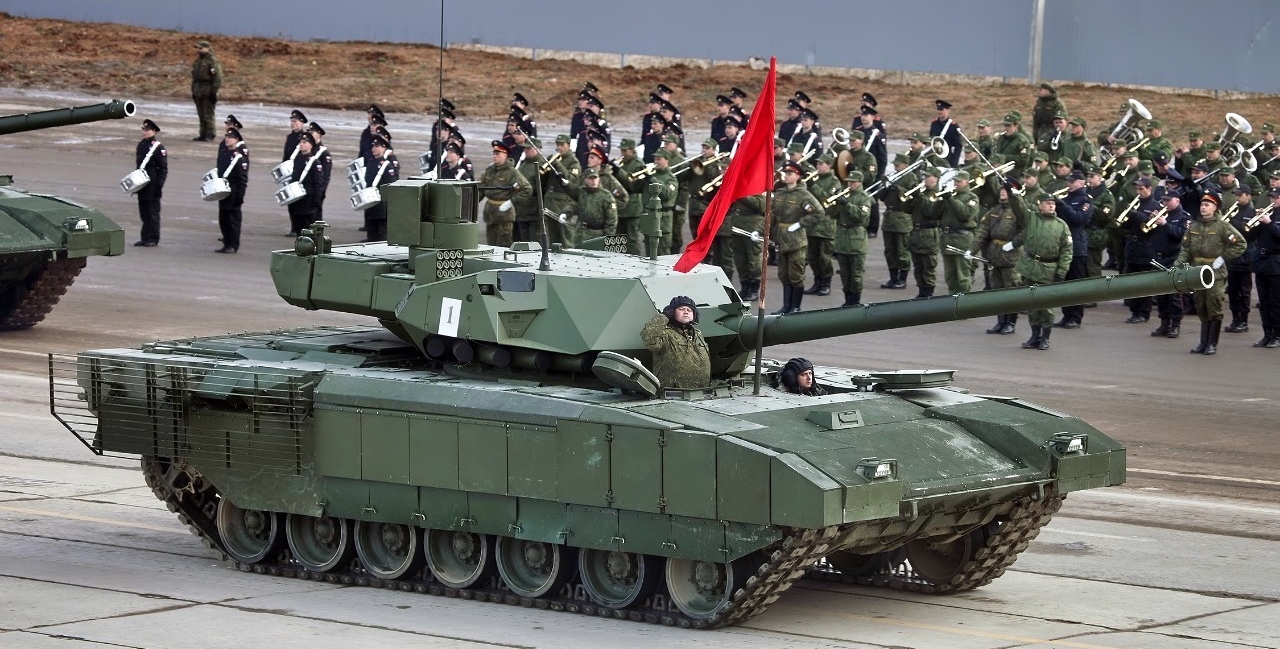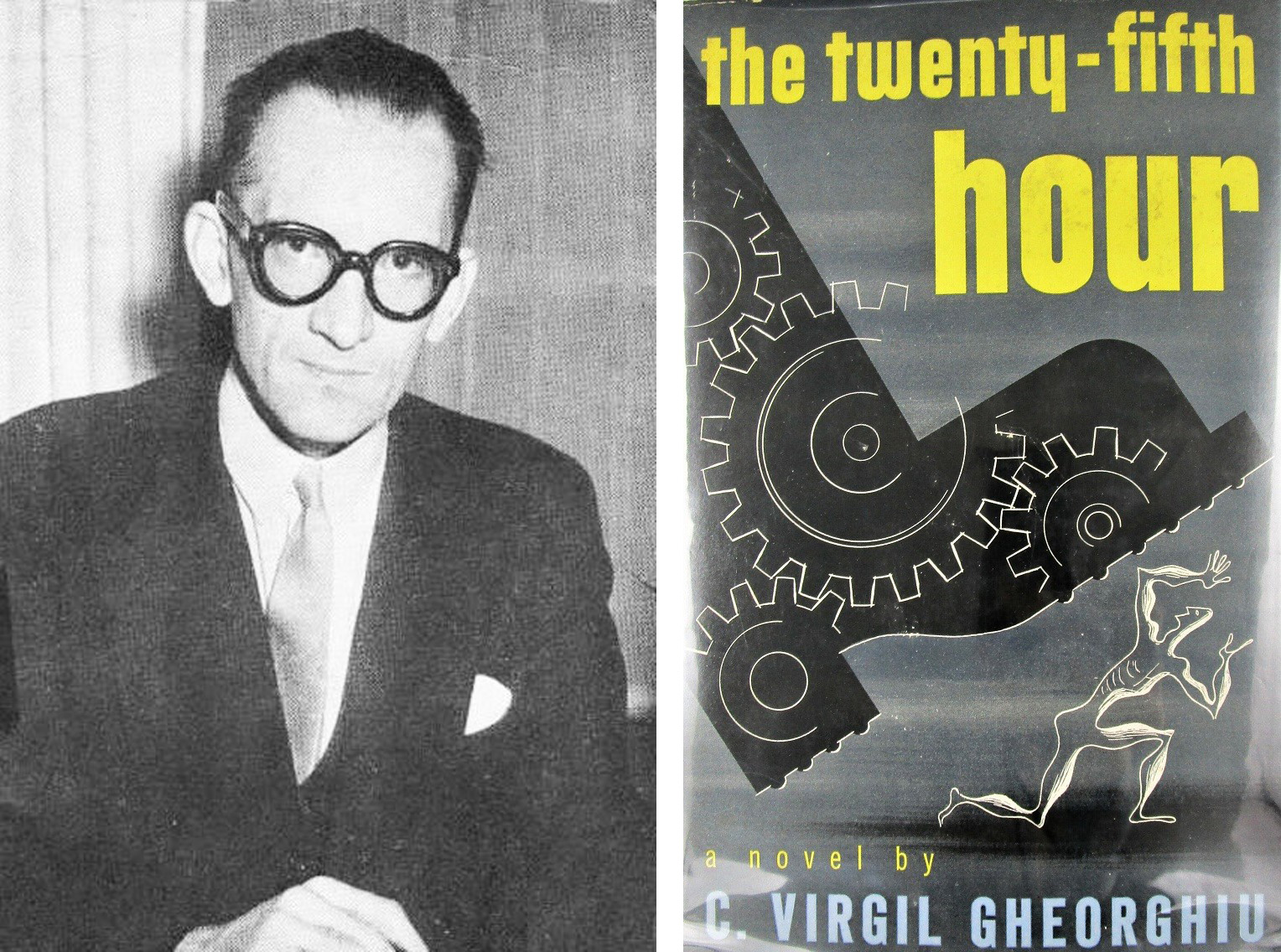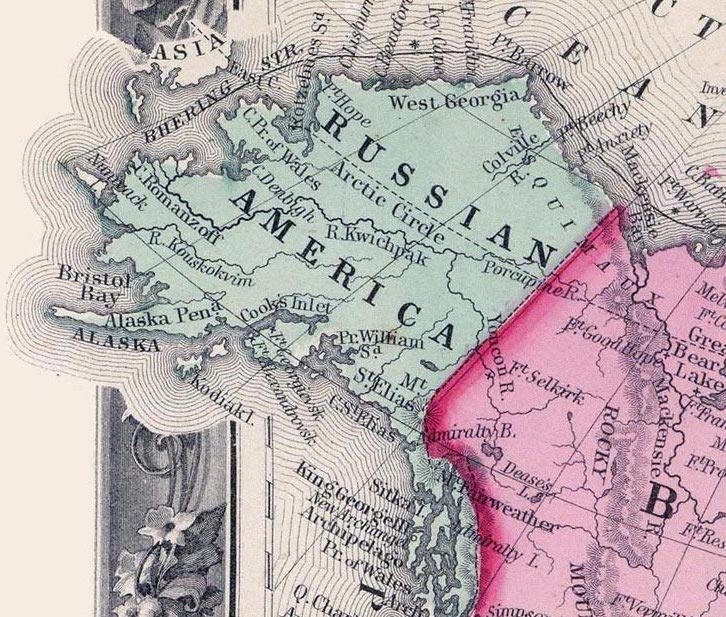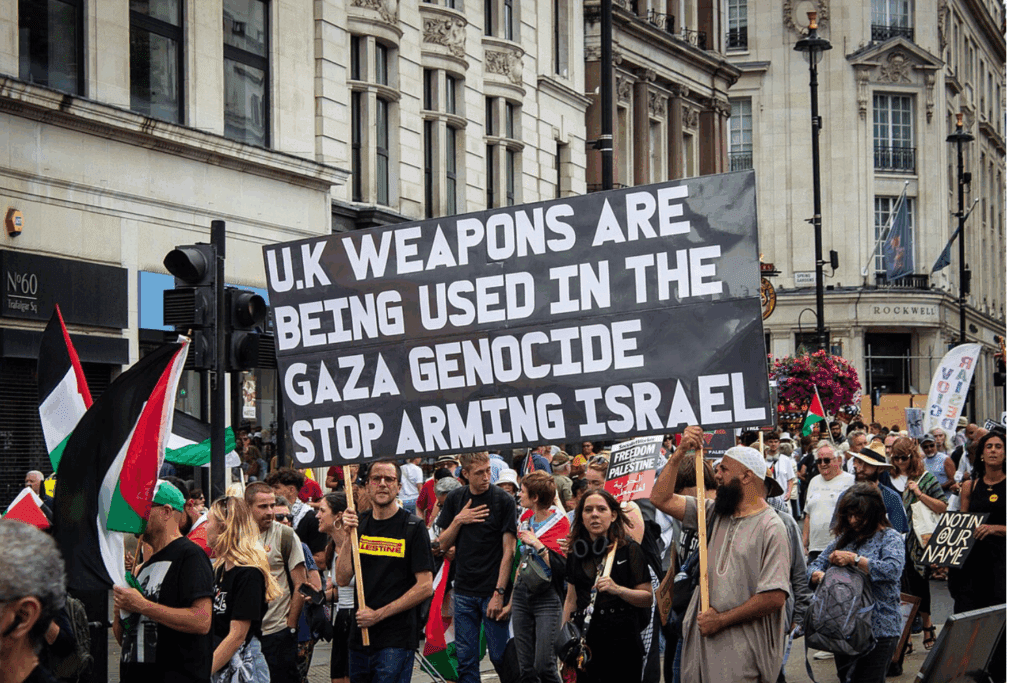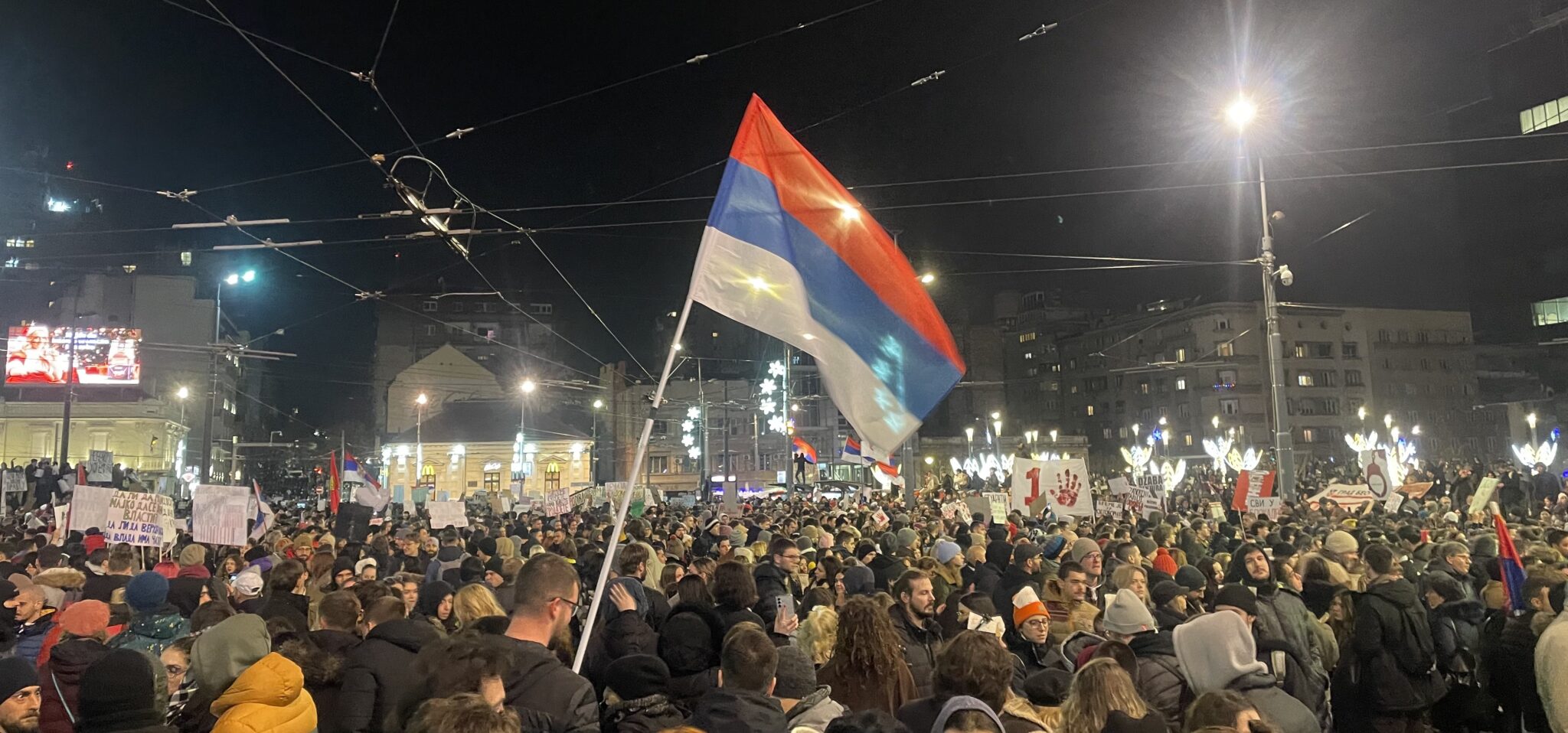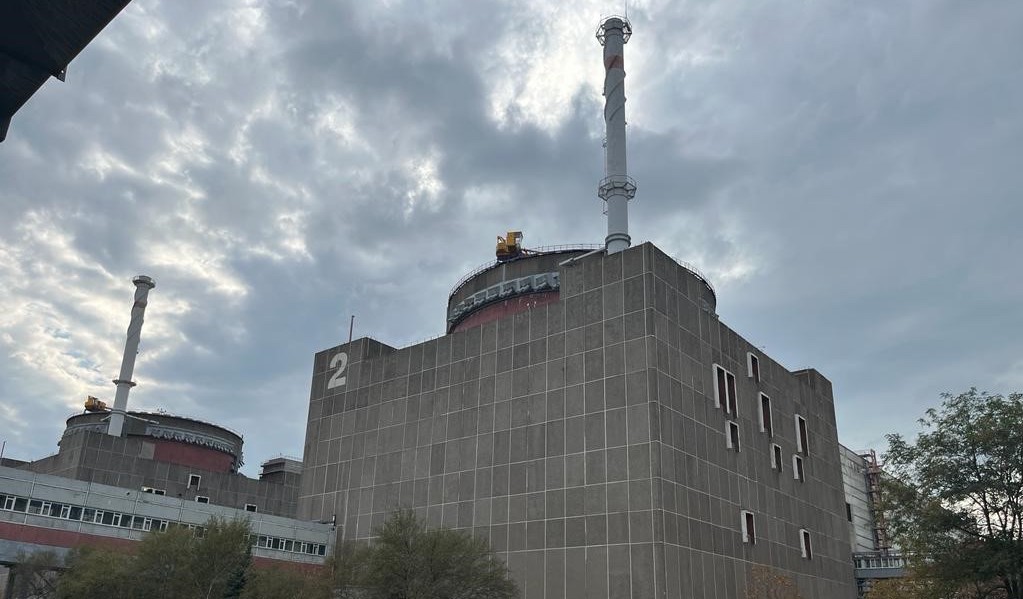
Podcast: Trump for War-is-Peace Prize II
Trump continues to pursue his perverse ambition to win the Nobel Peace Prize—now proffering “peace” plans for Ukraine and Gaza that would actually reward war crimes, and therefore portend wider war. In both cases these new “peace” plans are merely sanitized recapitulations of earlier proposals—for the surrender of the Donbas and Crimea to Russia, and for Israeli annexation of the Occupied Palestinian Territories and “transfer” of their indigenous inhabitants. Meanwhile, the actual winner of this year’s Peace Prize, Venezuelan opposition leader María Corina Machado, is obsequiously pandering to Trump, and playing along with his bellicose designs on her country. In Episode 306 of the CounterVortex podcast, Bill Weinberg cuts through the Orwellian war-is-peace propaganda. (Image via Twitter)



